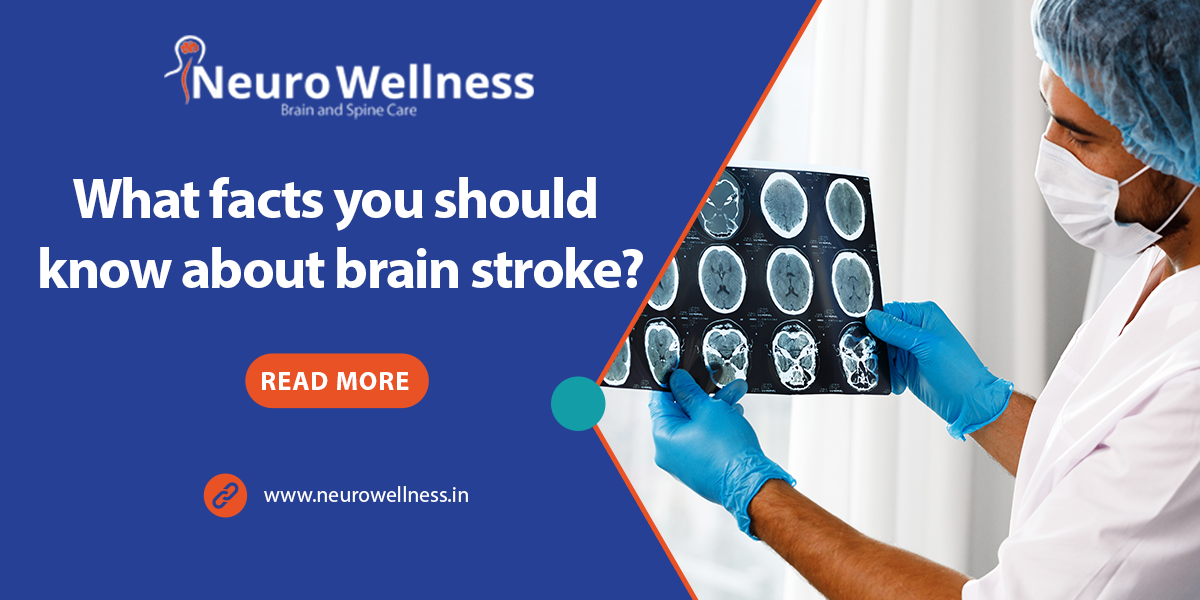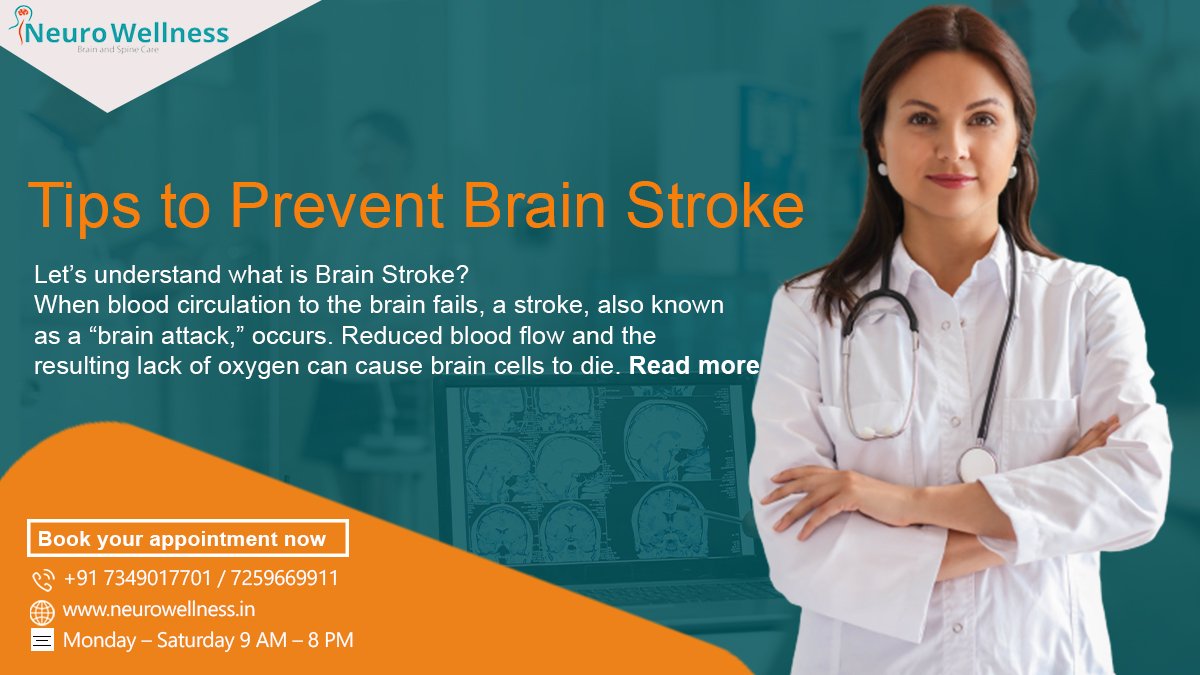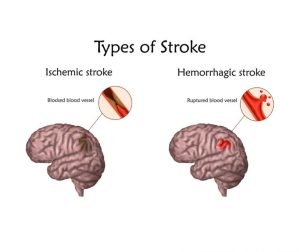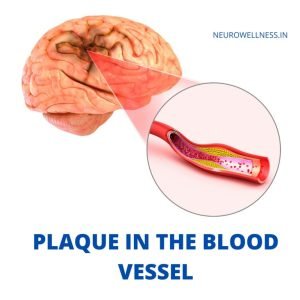What is a brain stroke?
A stroke, also known as a brain attack, occurs when blood flow to the brain is interrupted(Ischemic stroke) or blood leaks out of the vessels(Haemorrhagic stroke). It’s a life-or-death situation. Parts of the brain are injured or die in both cases. A stroke can result in long-term brain damage, disability, or even death.
To function properly, the brain requires a steady supply of oxygen and nutrients. Even if the blood flow is interrupted for a brief period of time, this can cause issues. Without blood or oxygen, brain cells begin to die after only a few minutes.
Brain function is lost when brain cells die. It’s possible that you won’t be able to do tasks that require the particular section of your brain affected by stroke, resulting in paralysis, vision and speech issues, cognitive challenges, and personality changes, depending on which part of the brain is affected.
Brain Stroke statistics:
Stroke is the fourth leading cause of death globally. Individuals and their families might be devastated by a stroke, which takes away their freedom. Adult disability is most commonly caused by this condition. Approximately 795,000 Americans have a stroke each year, with approximately 160,000 dying as a result of stroke-related causes. The National Institute of Neurological Disorders and Stroke (NINDS) is dedicated to lowering this burden via biomedical research.
In this blog, you will be learning about various facts related to a brain stroke that you may haven’t know before! These could save a life and may help you in gathering information as well.
What International studies says-
Facts that you need to know about a brain stroke. These are as follows:
Stroke was responsible for one out of every six deaths caused by cardiovascular disease in 2018.
Every 40 seconds, someone in the United States gets a stroke. A stroke kills someone every 4 minutes.
A stroke affects more than 795,000 people in the United States each year. The first or new strokes account for around 6,10,000 of these.
A total of 185,000 strokes occur in people who have already had a stroke, accounting for approximately one-fourth of all strokes.
Ischemic strokes, in which blood flow to the brain is blocked, account for about 87 percent of all strokes.
Between 2014 and 2015, the cost of stroke in the United States was nearly $46 billion. This figure includes the cost of health-care services, stroke-treatment medications, and lost workdays.
Stroke is one of the leading causes of long-term disability. More than half of stroke survivors aged 65 and up lose mobility as a result of their stroke.
Women account for more than half of all stroke deaths.
Men are more likely to suffer strokes, but women are more likely to die from them.
Every year 700,000 people have a new or recurrent stroke.
Because there are around 4.7 million stroke survivors alive today, stroke is the primary cause of serious, long-term impairment.
The annual healthcare expenses spent on heart disease and cancer combined are less than the annual healthcare dollars spent on stroke therapy.
Over the age of 65, nearly three-quarters of all strokes occur, and the chance of having a stroke more than doubles every decade after the age of 55.
Every year, stroke kills twice as many women as breast cancer.
High blood pressure is the leading cause of stroke, and one in every three African Americans suffers from it.
What Indian Statistics says?
Stroke caused 6,99,000 deaths in India in 2019, which was 7.4% of the total deaths.
Around 1.8 million people in India suffer from a stroke every year
Global Burden of Disease study shows that of the 9.4 million deaths in India, 619,000 were due to stroke and Disability Adjusted Life Years (DALYs) lost were 28.5 million
20-30% of strokes occur in people younger than 45 years and is more frequently seen in India compared to the west.
Prevalence rate of stroke range, 84-262/100,000 in rural and 334-424/100,000 in urban areas.
The incidence rate is 119-145/100,000.
Incidence of stroke increases with increasing age, but in our urban population it peaked in the highly productive age group of 46-65 years. The risk of stroke was lower in women as compared to men under the age of 45, it becoming equal in the age group of 46-65. However, with advancing age, women were more prone to ischemic stroke(infarct) above the age of 65 as compared to men. Incidence of intracerebral haemorrhage was found to be significantly higher in men than women under the age of 45years
There are new medicines that can considerably lessen the damage caused by a stroke, but you must go to the hospital where comprehensive stroke unit centres are there as early as possible of the onset of symptoms to avoid disability. Controlling hypertension could prevent 320,000 strokes each year.
During a stroke, two million brain cells die every minute, raising the risk of permanent brain damage, disability, or death.
WHO says-
There are17M Strokes
6.5 Millions deaths
26 Million survivors
Specialized stroke units care increase the chances of survival by 14%
Clot bursting medications increases chances of good outcome by 30%
Clot retrieval treatment increases the chances of good outcome by more than 50%
Neurowellness provides Advanced Stroke treatment in Bangalore at affordable cost in comparison with the other medical treatment options world wide.






